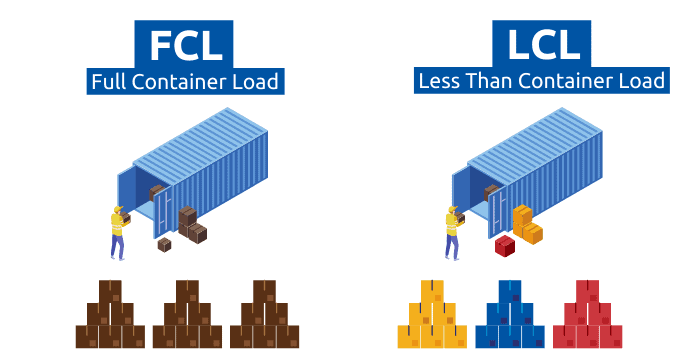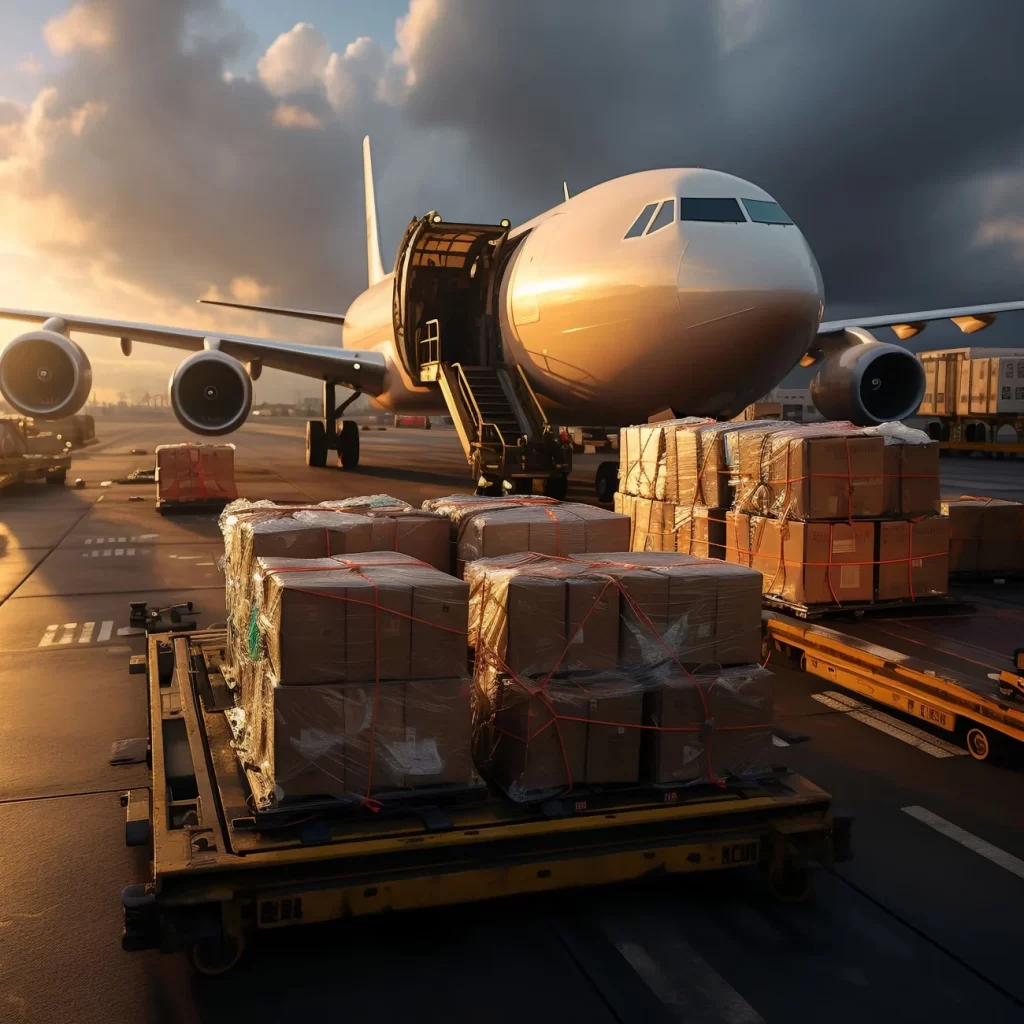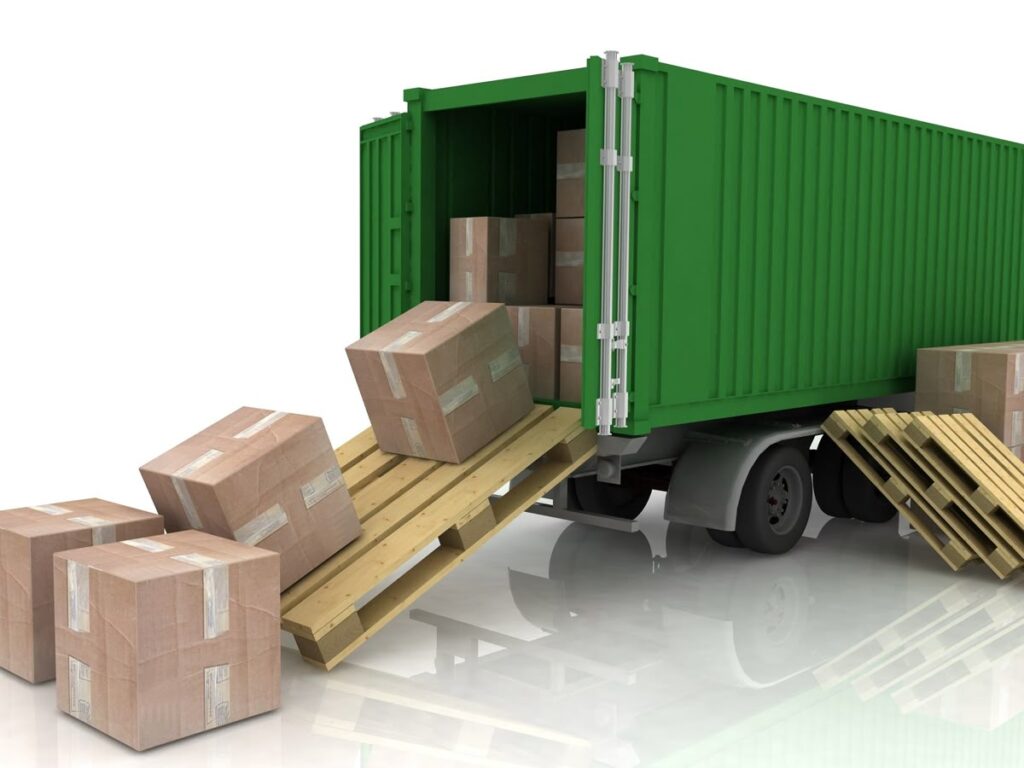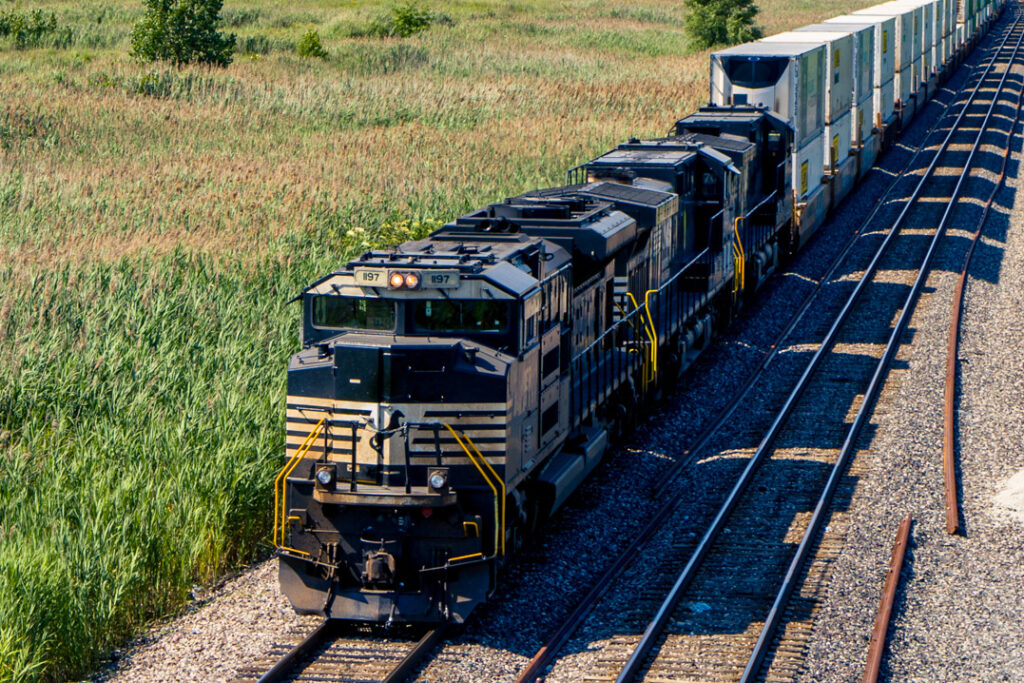A China to USA freight forwarder plays a critical role in managing international logistics between the world’s largest trading partners. Because the U.S. imports vast amounts of goods from China, importers often face challenges with shipping costs, customs clearance, and delivery schedules. By working with professional freight forwarders, businesses can streamline the process, reduce risks, and secure more efficient supply chains.
Why Do You Need a China to USA Freight Forwarder?
Freight forwarders act as intermediaries between importers and carriers. They arrange shipments, negotiate rates, and handle customs documentation. Moreover, forwarders offer multimodal options such as sea freight, air freight, and door-to-door delivery. As a result, importers save time and money while ensuring compliance with U.S. Customs and Border Protection (CBP).
How Does a Freight Forwarder Simplify China to USA Shipping?
A freight forwarder provides:
- Carrier selection for competitive shipping costs
- Customs documentation including Importer Security Filing (ISF)
- Cargo consolidation for small shipments
- Warehousing and packaging in China and the U.S.
- Last-mile delivery to U.S. distribution centers
Without a forwarder, importers must handle complex regulations and logistics alone, which often leads to delays and penalties.
Which Shipping Methods Are Available from China to USA?
| Shipping Method | Avg Transit Time | Cost Level | Best For | Advantages | Disadvantages |
|---|---|---|---|---|---|
| Sea Freight (FCL) | 25–35 days | Low | Large cargo, full containers | Cost-effective, secure | Slower transit |
| Sea Freight (LCL) | 28–40 days | Medium | Small volumes, shared containers | Flexible, affordable | Delays due to consolidation |
| Air Freight | 3–7 days | High | Urgent, high-value goods | Fastest delivery | Expensive |
| Express Courier | 2–5 days | Very High | Small parcels, samples | Quick, easy tracking | Limited weight |
| Rail + Truck (Multimodal) | 18–25 days | Medium | Certain inland routes | Balanced cost and speed | Indirect, limited to hubs |
Note:
What Are the Major Routes from China to the USA?
| Origin Port/Airport (China) | Destination Port/Airport (USA) | Transit Time | Notes |
|---|---|---|---|
| Shanghai (Sea) | Los Angeles (Sea) | 18–22 days | Most common sea route |
| Shenzhen (Sea) | Long Beach (Sea) | 20–25 days | Electronics, textiles |
| Ningbo (Sea) | New York (Sea) | 30–35 days | East Coast markets |
| Shanghai (Air) | Chicago (Air) | 4–6 days | Fashion and e-commerce |
| Guangzhou (Air) | Los Angeles (Air) | 3–5 days | Urgent shipments |
What Are the Typical Costs for Freight Forwarding from China to the USA?
| Route | 20GP (USD) | 40GP (USD) | 40HQ (USD) | Air Freight (per kg) |
|---|---|---|---|---|
| Shanghai → Los Angeles | $3,000 | $5,600 | $5,700 | $4.8–$6.0 |
| Shenzhen → Long Beach | $3,100 | $5,800 | $5,900 | $4.5–$5.8 |
| Ningbo → New York | $3,400 | $6,400 | $6,500 | $5.0–$6.2 |
| Guangzhou → Chicago | — | — | — | $4.2–$5.5 |
Rates fluctuate with fuel prices, carrier demand, and peak shipping seasons (e.g., pre-Christmas or Chinese New Year).
What Documents Are Required for Importing from China to the USA?
| Document | Purpose |
|---|---|
| Bill of Lading (B/L) or Air Waybill (AWB) | Proof of carriage contract |
| Commercial Invoice | Declares cargo value |
| Packing List | Provides cargo details |
| Certificate of Origin | Identifies manufacturing country |
| Importer Security Filing (ISF) | Mandatory for sea freight |
| Customs Bond | Required for U.S. Customs entry |
Failure to provide proper documentation can lead to fines, shipment holds, or longer clearance times.
What Are the Benefits of FCL vs LCL Shipping?
| Option | Pros | Cons |
|---|---|---|
| FCL (Full Container Load) | Lower cost per unit, secure, faster clearance | Requires high volume |
| LCL (Less than Container Load) | Flexible, cost-sharing, good for small shipments | Extra handling, potential delays |

Real Case Studies
Case 1 – Shanghai to Los Angeles (Consumer Electronics)
- Cargo: 40HQ container, laptops
- Mode: Sea Freight (FCL)
- Cost: $5,700
- Transit Time: 21 days
- Outcome: Delivered to warehouse before retail season, avoiding stockouts.
Case 2 – Shenzhen to Chicago (Fashion Apparel)
- Cargo: 600 kg garments
- Mode: Air Freight (Standard)
- Cost: $3,200
- Transit Time: 5 days
- Outcome: Apparel arrived in time for seasonal sales campaign.
How to Reduce Freight Costs from China to the USA?
- Book early to avoid peak season surcharges.
- Consolidate shipments to maximize container space.
- Negotiate with forwarders for volume discounts.
- Choose the right Incoterms (FOB, CIF, DDP).
- Use multiple carriers to compare rates.
What Are the Pros and Cons of Using a Freight Forwarder?
| Pros | Cons |
|---|---|
| Saves time and effort | Service fees apply |
| Expert customs handling | Dependence on third party |
| Negotiates better rates | Quality varies by forwarder |
| Provides end-to-end solutions | Some specialize only in certain modes |
Why Partner with a China to USA Freight Forwarder?
Freight forwarders simplify complex logistics, negotiate with carriers, handle customs compliance, and coordinate last-mile delivery. Consequently, importers save money and reduce risks. Moreover, forwarders provide tracking, insurance, and warehousing services, ensuring smooth supply chains from China to U.S. markets.
Conclusion
A China to USA freight forwarder is essential for businesses navigating international trade. They manage shipping methods, negotiate costs, handle customs paperwork, and provide reliable delivery. With the right partner, importers reduce risks, save money, and achieve efficient supply chains. Ultimately, freight forwarders ensure smooth trade between China and the U.S., making global logistics faster, easier, and more cost-effective.
- Consult TJ China Freight Forwarding for the lowest quote. They will provide you with reliable, cost-effective service.
FAQs
Q1.How long does sea freight from China to the USA take?
Sea freight averages 25–35 days, depending on origin port, destination, and seasonal congestion levels at major U.S. ports.
Q2.What is the cost of air freight from China to the USA?
Air freight generally costs between $4.5 and $6.5 per kilogram, varying by airport, cargo type, and carrier.
Q3.Do I need an Importer Security Filing for sea freight from China?
Yes, ISF is mandatory for all ocean shipments entering the U.S. and must be filed at least 24 hours before loading.
Q4.What Incoterms are most common in China to USA freight forwarding?
FOB, CIF, and DDP are widely used, defining responsibilities and costs between buyer and seller during international transport.
Q5.How can small businesses reduce freight costs from China to the USA?
Small businesses can use LCL shipments, consolidate cargo, and work with forwarders to secure cost-sharing arrangements.





